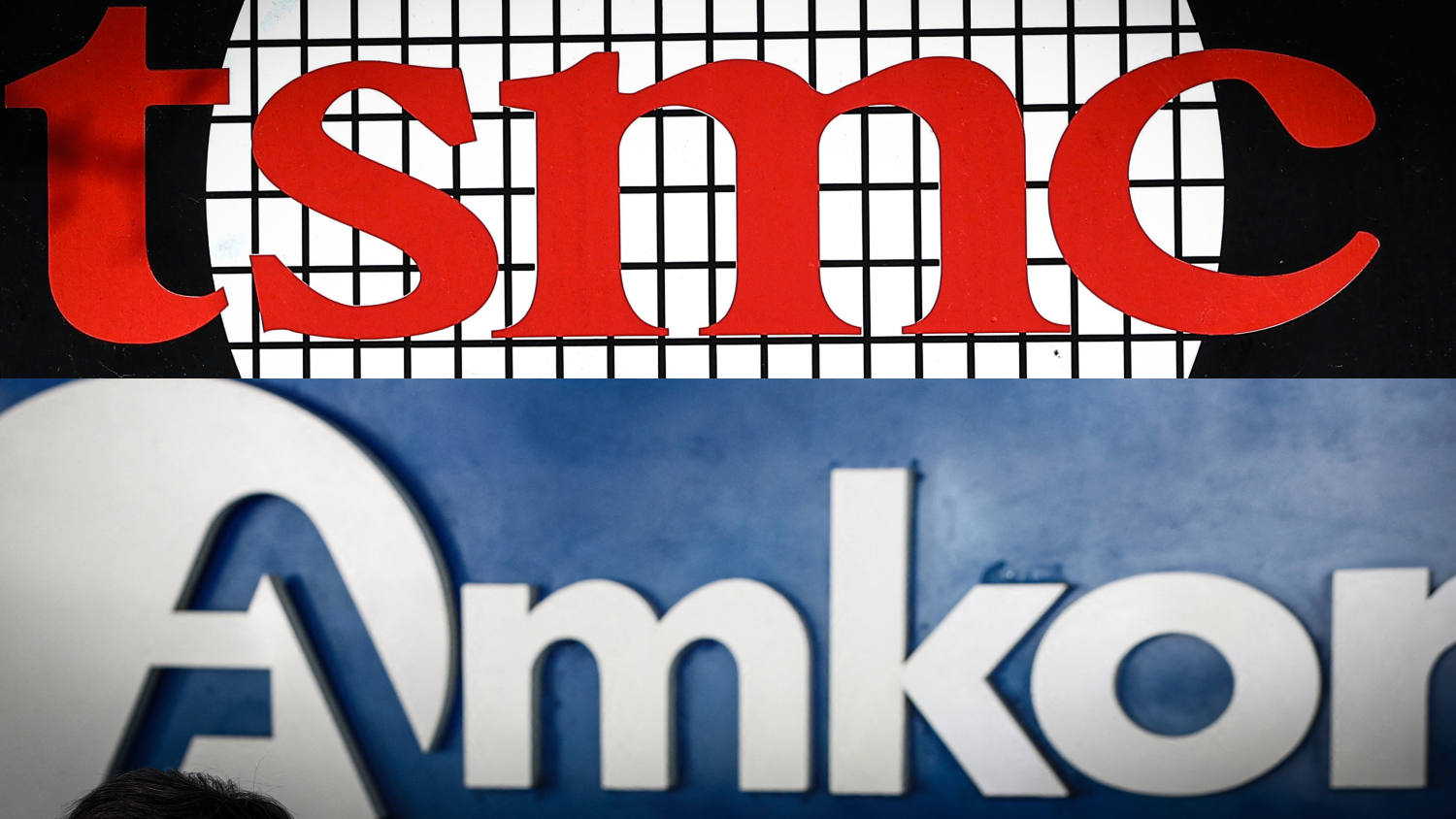"Informed AI News" is an publications aggregation platform, ensuring you only gain the most valuable information, to eliminate information asymmetry and break through the limits of information cocoons. Find out more >>
TSMC and Amkor Partner to Bring Advanced Chip Packaging to U.S.
- summary
- score

TSMC, Taiwan's leading chipmaker, and Amkor, a major packaging and testing service provider, have inked a deal to bring advanced chip packaging to the U.S. for the first time. This collaboration, set to take place in Arizona, marks a significant step in America's push to localize critical semiconductor supply chain technologies.
The partnership will see TSMC leveraging Amkor's planned $2 billion facility in Peoria for turnkey advanced packaging and testing services. This move aims to support TSMC's clients, particularly those utilizing its Phoenix-based wafer fabrication plants. Key clients include Nvidia, AMD, and Apple.
Advanced chip packaging is vital for enhancing chip performance and enabling powerful AI computing. Traditional methods of increasing transistor density are becoming more challenging, making this technology essential. The generative AI boom has further intensified demand.
Nvidia, for instance, relies on TSMC's CoWoS (Chip on Wafer on Substrate) technology to connect its high-performance graphics processors with high-bandwidth memories, boosting computing power. However, CoWoS constraints could hinder rapid AI data center deployment.
U.S. policymakers and industry leaders previously worried that even with domestic chip production, packaging and testing would still need to be outsourced to Asia. To counter this, the U.S. has allocated $1.6 billion to support advanced chip packaging development within its borders.
TSMC and Amkor will jointly refine specific packaging technologies, such as TSMC's Integrated Fan-Out (InFO) and CoWoS, to meet customer demands. InFO, used by Apple in its iPhone and Macbook chips, links memory chips with processors.
This collaboration promises to expand the U.S. semiconductor ecosystem, shorten product cycle times, and ensure more resilient supply chains. It's a strategic move that underscores the importance of localized high-tech manufacturing in an increasingly competitive global landscape.
| Scores | Value | Explanation |
|---|---|---|
| Objectivity | 6 | Comprehensive reporting with in-depth analysis. |
| Social Impact | 5 | Significantly influences public opinion on tech localization. |
| Credibility | 5 | Solid evidence from authoritative sources. |
| Potential | 6 | Almost inevitably leads to significant tech changes. |
| Practicality | 5 | Extremely practical, widely applied in practice. |
| Entertainment Value | 2 | Slightly monotonous, few entertaining elements. |